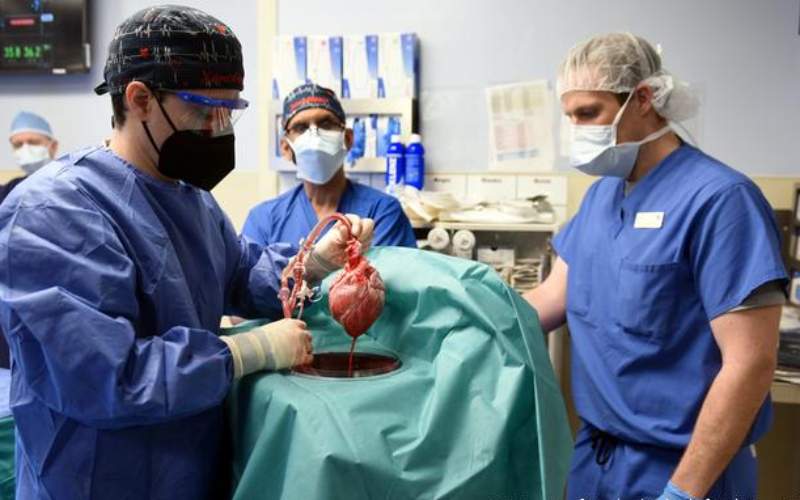×
The Standard e-Paper
Kenya’s Boldest Voice

David Bennett, 57, underwent the operation in January as he was ineligible for a human heart transplant. [Reuters]
David Bennett, the first-ever human to receive a genetically modified pig's heart has died.